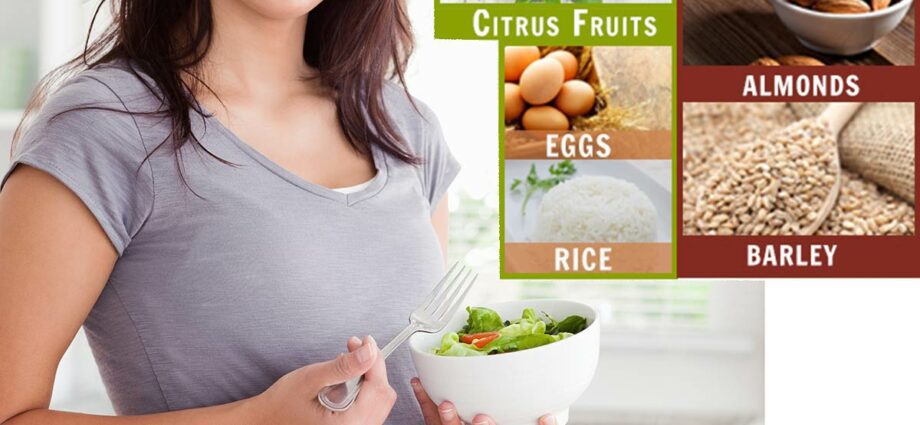Contents
Pregnant: the 7 foods to limit in pictures
Everyone is generally familiar with the main foods that are prohibited during pregnancy. Raw milk cheeses, uncooked or undercooked meats, fish and shellfish, alcohol and raw eggs are some of them. However, this does not mean that all other foods can be consumed at leisure by a pregnant woman. During pregnancy, as for our health in general, certain foods should be consumed in moderation. Because of their presence in caffeine, tea and coffee should be limited, at the risk of inducing agitation in the fetus. Other foods should be avoided as a precaution, especially since they are generally not essential. Discover in pictures the main foods to limit during your pregnancy.










